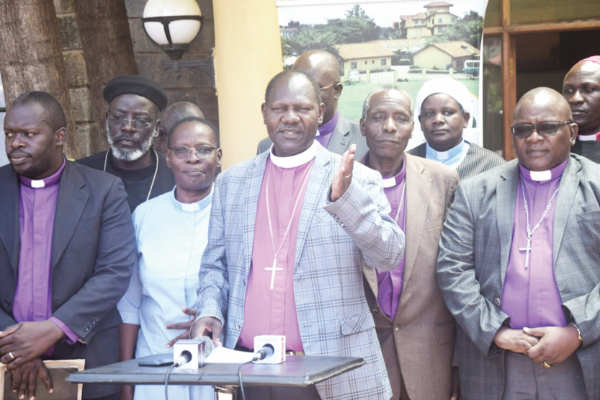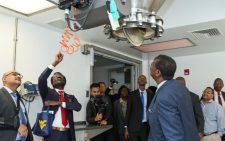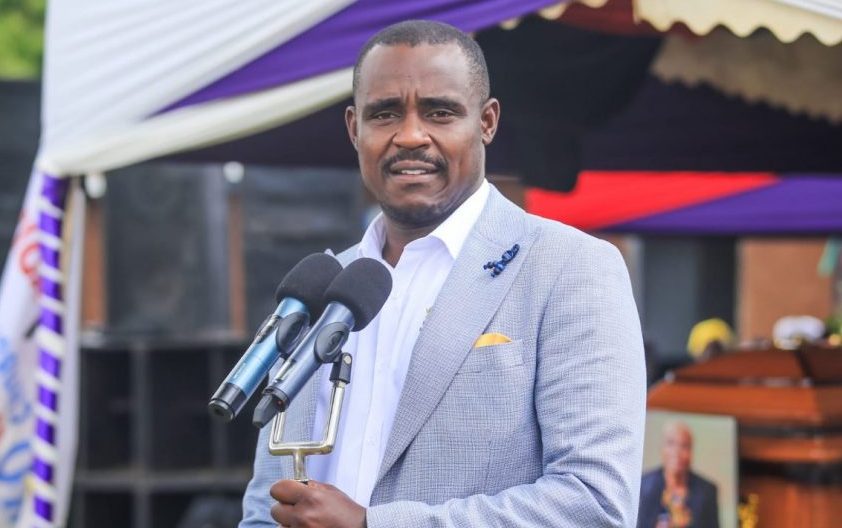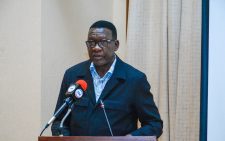Agency under pressure over Bt maize

Process to release Bt maize seeds has put National Variety Release Committee (NVRC) in the spotlight as Kenyans await the final stage of approval after the National Biosafety Authority (NBA) sanctioned its release last week.
Move prompts the National Variety Release Committee (NVRC) to convene a meeting to fast-track modalities to gazette Bt maize seeds. NVRC is chaired by the Ministry of Agriculture and Kenya Plant Health Inspectorate Service as the secretariat.
NVRC often meet once a year and last met in June 2022, but depending on the nature and urgency of the matter, breeders can appeal for an urgent meeting, which now is likely owing to the current matter.
Bt maize is now the second Genetically Modified Organism (GMO) crop set to be approved in the country after Bt cotton. Farmers are waiting for its release for cultivation in the 2023 long rains season.
Eric Korir, a principal biosafety officer with NBA, confirmed that Kenya Agricultural and Livestock Research Organisation (Kalro), which has been researching the Bt maize seeds is now permitted to release for cultivation. NBA approved release of the seeds for cultivation to Kalro on October 19, with the organisation saying the products have been grown for over 30 years in over 70 countries and have thus far been scientifically proven to be safe for human and animal consumption.
“This means that the process has shifted from NBA to other Government agencies to ensure what has been released to farmers is the correct seeds,” Korir said during a media briefing at Kalso offices last week.
Korir explained NBA will, however, continue to monitor the GMO crop for the next 20 years to ensure the same has achieved the desired expectations.
Cabinet lifted the GMO ban early this month, giving the green light to biotech crops after the restriction on imports and cultivation were imposed in 2012 on claims that they have adverse effects on health.
Food crisis
Lifting the ban has elicited debate from a cross-section of Kenyans. Civil society groups have dismissed the Government initiative as an exercise in futility, claiming it will not help in taming food crisis in the country.
Korir confirmed NBA has put in place necessary biosafety regulations touching on contained use, export, import and transit, environment released and labelling regulations formulated in 2011.
But speaking in Kisumu yesterday, the National Council of Churches in Kenya (NCCK), asked the government to shelve plans to introduce GMOs in the country.
Addressing the press, NCCK, through its Nyanza branch chairman Prof David Kodia, said GMO was not the only food security solution. “We ask President William Ruto to halt plans of using GMO as an alternative to combat the issue of food security,” Kodia said.
Instead, the council said the government should enact farmer favourable policies, and channel more resources to agriculture infrastructural projects and human capital.
This is what will cushion farmers against unfair competition, unreliable rainfall patterns, crop and livestock pests and diseases among other horticultural issues.
But the clergy claimed the introduction of GMOs was not a welcome idea.
“Did the government conduct scientific research to ascertain the safety and impact of GMO foods in the country? Prof Kodia asked.
He was backed by a host of Nyanza clergy, led by Arch Bishops Winnie Owiti and Phoebe Onyango, who prayed for the country to overcome the drought crisis.











